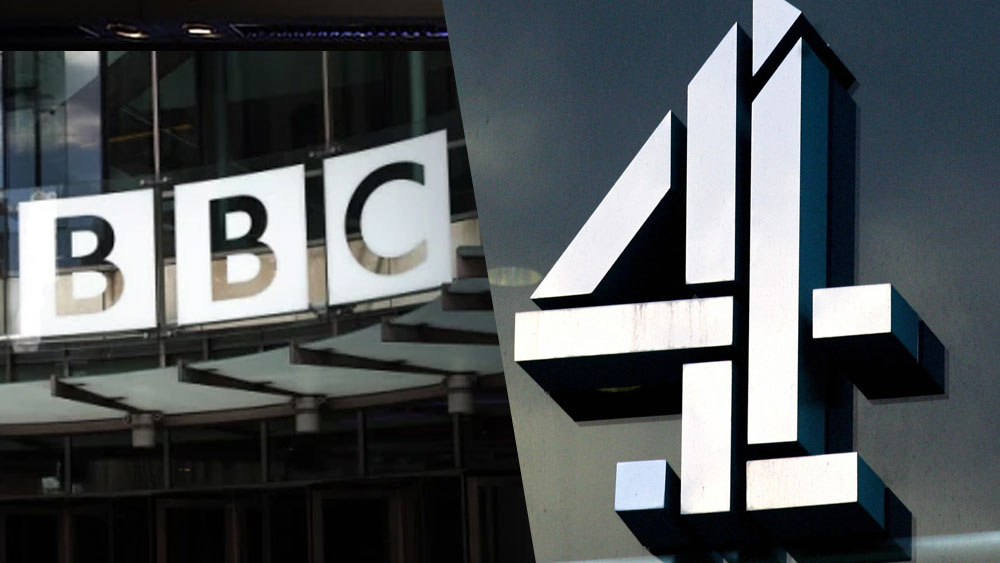In December Ofcom published the initial findings of its latest Public Service Media Review. This ‘Phase 1’ report highlights the current state of public service media (PSM) in the UK: audiences value the content and services that public media provide, but PSM organisations face existential challenges in ensuring that their unique social and cultural output is appealing, accessible and sustainably funded.
The Media Reform Coalition has published its own PSM analysis and recommendations to inform ‘Phase 2’ of Ofcom’s review, which will explore potential policy reforms ahead of publishing the final PSM Review document.
Another business-as-usual review?
At a time of unprecedented attacks on democracy in the UK, and questions from various political quarters about Ofcom’s impartiality and robustness, the PSM Review is a real test not only for the regulator, but for the legislation that gives it its powers and duties: the 2003 Communications Act.
Unfortunately, Ofcom’s terms of reference for the PSM Review suggest that the regulator is treating this exercise as a business-as-usual review, rather than an opportunity for the major debates needed to address the failings in our media.
Under the Communications Act 2003 (s264) it is the duty of Ofcom to report on the extent to which the public service broadcasters have fulfilled the purposes of public service television, with a view to maintaining and strengthening the quality of public service television broadcasting.
The Ofcom statement notes that all the public service television services continue to lose audience. But this is not only about audience declines for the PSMs. As they note in the terms of reference, Ofcom’s review involves assessing how other media services have contributed to objectives identified as desirable – such as comprehensive and authoritative news and current affairs. In other words; this is a health check not only for the public service television sector, but of the whole public media system. Unfortunately the Ofcom documentation so far does not provide this wider perspective.
Among the purposes of public service television which Ofcom should report on is to “meet the needs and satisfy the interests of as many different audiences as possible”. Thus Ofcom needs to do a deep dive into the evidence not only on the long-evident drift of younger audiences away from public service television; it should also create a clear and unambiguous record of what these audiences are using, and the extent to which they are exposed to a balanced, reliable and high quality range of accurate, trustworthy news on all platforms.
Ofcom has to have regard to a number of things including:
“that the audiovisual content made available by the public service broadcasters (taken together) provides, to the extent that is appropriate for facilitating civic understanding and fair and well-informed debate on news and current affairs, a comprehensive and authoritative coverage of news and current affairs— (i) in, and in the different parts of, the United Kingdom, and (ii) from around the world”.
Media Act 2024, Section 1 Clause 5(a)
In this light Ofcom’s own reading of the legislation, as set out in the PSM Review’s terms of reference, are far too narrowly drawn. Ofcom’s public service reviews have become the national standard for high-quality evidence reviews that have an important policy advice function. Yet the Communications Act was written over two decades ago, and the new amendments brought in by the Media Act 2024 have narrowed the scope of issues that Ofcom is required to investigate.
The need for a comprehensive review of UK media
As we approach BBC Charter review, the public and the government needs a wider assessment of the overall health of our media system:
- Has the provision of Public Service Television been maintained and strengthened since the last Public Service Review?
- Does public service television meet and satisfy the needs of all parts of the UK population? (including children, young people, those on low incomes, and minorities)?
- How does the news diet of groups that watch less public service media reflect the purposes of public service media as set out in the relevant sections of the Communications Act?
- Which communication and news sources are growing in the current period (including for example social media and niche private television channels) and how do these alternatives contribute to the public purposes of television services as defined under s264 of the Communications Act?
- How has the UK system as a whole contributed to delivery of the public service purposes, and what potential policy solutions could improve delivery?
Ofcom’s previous PSM Review, Small Screen Big Debate, indicated that Ofcom views its role as reporting if audiences are drifting online and to other TV services, and monitoring audiences’ risk of exposure to misinformation and disinformation. This is a somewhat eccentric interpretation of Ofcom’s reporting duties, which are specifically to monitor the delivery of specific public service purposes (including accuracy and impartiality). Its December statement for the current Review rightly notes problems of trust, but not the implications of a drift to niche privately-owned broadcasters which have been subject to Ofcom fines for continued standards breaches. These trends are clearly relevant to the review, both for audience interests and the fulfilment of Ofcom’s legislative duties, yet this subject is curiously absent from the current PSM Review.
The duties of Ofcom in relation to the Public Service Television Review may appear to be tightly drawn, but they in fact require the regulator to take a view on the system as a whole. This is why the first public service broadcasting reviews conducted by Ofcom developed proposals for much more radical reforms to the system as a whole, such as the idea of a Public Service Publisher. It is not credible or sustainable for this flagship regulator to shirk its wider responsibility for a systemic review, especially not at this moment of such significant changes and challenges in the media.
As with all Ofcom’s duties, the PSM Review should be viewed in the context of Ofcom’s principal legislative duty under the Communications Act, which includes the duty to “further the interests of citizens in relation to communications matters.” Ofcom has to take into account the risk of harm. Citizenship of course is an expression of the membership of a democratic community, and Ofcom needs to rediscover its democratic purpose by asking much deeper questions. It is not only the broadcasters that have duties to inform and educate, Ofcom does too. If Ofcom itself is unable to interpret its duties under the Communications Act, then it needs urgent reminding of its founding principles and purposes as a regulator for the public interest.
Read more:
- The MRC’s initial submission to Ofcom’s PSM Review
- Our proposals for a Public Commission on Media & Democracy in the 2024 Media Manifesto
- Professor Lee Edwards, LSE, on the BBC’s relationship with working class audiences.



